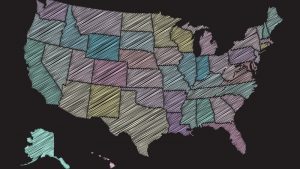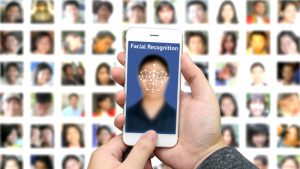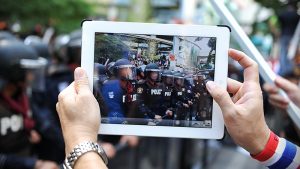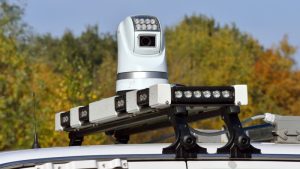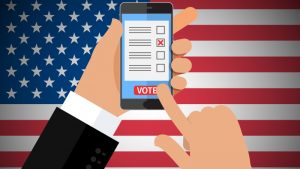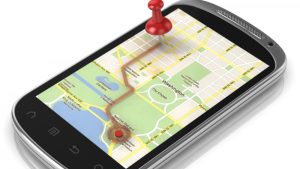Alex Alben, Washington state’s chief privacy officer, is helping private citizens, government agencies, and small businesses in the state better understand privacy laws and how to protect privacy when using and sharing sensitive information.
The New Orleans Police Department plans to install automatic license plate readers throughout the city. Police consider the investment in the new technology, used elsewhere in Louisiana, as a “down payment” on public safety. The cameras will allow police to mine a large database of license plate images and identify and track suspects.
One in two American adults is in a law enforcement facial recognition database, which has the potential to disproportionately affect people of color, according to a report released by the Center for Privacy and Technology at the Georgetown University law school. A coalition of 52 civil liberties groups wrote a letter to the Justice Department, expressing their concern that facial recognition systems disproportionately affect communities of color.
Twitter, Facebook, and Instagram provided access to data for Geofeedia, which then gave law enforcement the location data in order to monitor protesters in Oakland and Baltimore, according to a blog post published by the American Civil Liberties Union on Tuesday.
Many states are beginning to introduce legislation to ensure transparency between the public and police forces, as well as to make sure privacy rights are protected.
North Carolina legislators seek to limit the public’s access to police video recordings. A law effective Oct. 1 excludes police body and dashboard cameras from the public record. The law allows only people involved in the case to review it–at police discretion. For those not involved in the case, including media, protesters, and activist groups, viewing the footage will require a court order.
A text messaging service called HelloVote launched Thursday to allow people to register to vote in minutes by texting or using Facebook Messenger.
Members of Congress are working to pass the Kelsey Smith Act, which would give law enforcement access to phone location data in some emergency situations, despite claims from privacy groups that the law could be abused.
The Office of the Public Defender this week requested that the Baltimore Police Department (BPD) halt its recently disclosed aerial surveillance program immediately and until the public is briefed and defense attorneys are given access to the footage. The previously secret aerial surveillance program was revealed to the public last week. The program uses technology […]


